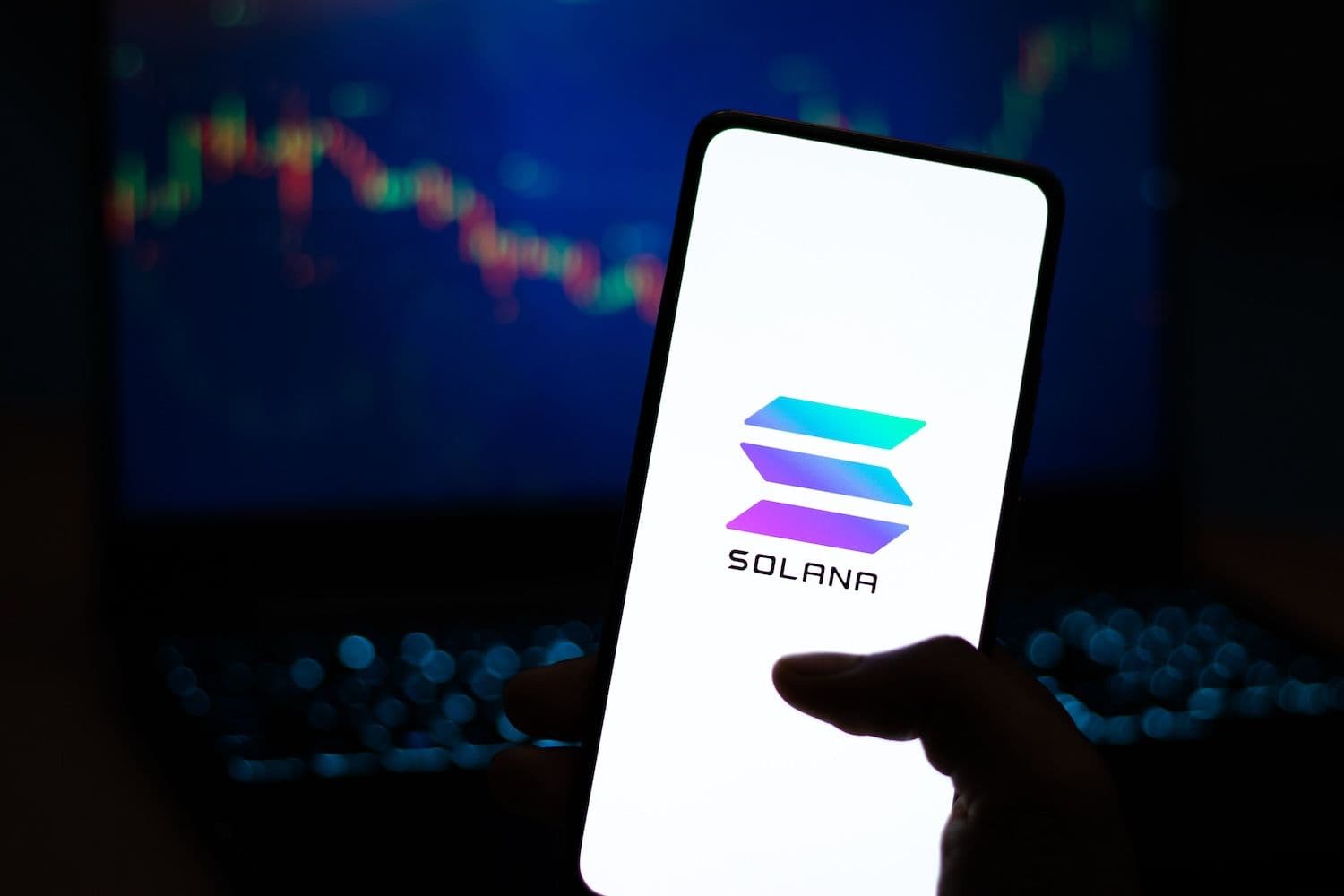Solana co-founder Anatoly Yakovenko posted code for a new perpetual futures exchange on Oct. 20 and encouraged developers to replicate the design, an unusual approach that has divided the decentralized finance community over questions of open-source development and intellectual property. The prototype, called Percolator, represents an on-chain system for derivatives trading built with assistance from artificial intelligence tools.
What to Know:
- Yakovenko released early code for Percolator, a perpetual futures exchange that handles position tracking and margin calculations directly on Solana's blockchain, using a sharded structure to separate order books by token.
- The move has sparked debate about whether open-source collaboration accelerates innovation or creates risks around ownership, commercialization rights and long-term governance of shared designs.
- Perpetual futures trading volume exceeded $210 billion in 2023, making the sector a strategic priority for Solana as it competes with established platforms like GMX and Hyperliquid.
Technical Architecture and Development Status
The Percolator system uses what developers call a "slab" structure, which splits the matching engine into separate segments for different tokens. This design aims to increase execution speed while limiting the risk that problems in one market affect others.
Yakovenko has been building the prototype with Claude, an AI coding assistant.
The GitHub repository shows functional routing components, but liquidation modules remain incomplete. Position tracking, collateral management and margin calculations run directly on-chain rather than through off-chain systems.
The protocol targets perpetual futures contracts, which allow traders to speculate on asset prices without expiration dates. These instruments differ from traditional futures because they use funding rates to keep contract prices aligned with spot markets.
Community Response and Strategic Questions
Yearn Finance founder Andre Cronje posted a reply indicating early interest, though his comment about potential losses suggested skepticism about the project's maturity.
Developer @rinegade_sol said he would begin independent work based on Yakovenko's design, while others provided technical suggestions including requests for better documentation.
The response has been uneven.
Some developers view the approach as consistent with Solana's culture of hackathons and collaborative building. Others warn that encouraging replication without clear guidelines on commercialization could lead to disputes if teams build competing products from the same foundation.
The release fits into Solana's broader effort to establish presence in derivatives markets.
With daily trading volume in perpetuals regularly exceeding levels seen in spot markets, the blockchain faces pressure to provide infrastructure that matches competitors. GMX and Hyperliquid have already built substantial user bases with their perpetual trading platforms.
Questions about ownership remain unresolved. If a development team commercializes a version of Percolator, the boundaries of attribution and profit-sharing are unclear. The GitHub repository carries standard open-source licensing, but Yakovenko's invitation to "steal" the design has created ambiguity about his expectations for derivative work.
Key Terms in Decentralized Finance
Perpetual futures contracts allow speculation on cryptocurrency prices without set expiration dates, distinguishing them from traditional futures that settle on specific dates. These instruments use periodic funding rate payments between long and short position holders to maintain price alignment with underlying assets.
Decentralized exchanges operate without central intermediaries, using smart contracts to execute trades directly between users. On-chain systems process all operations through blockchain transactions, while some platforms use hybrid approaches with off-chain order matching for speed.
A matching engine connects buy and sell orders, and sharded architectures divide this system into parallel processing units.
Margin calculations determine how much collateral traders must maintain, while liquidation occurs when positions fall below required thresholds.
Outcome Remains Uncertain
Yakovenko's decision to release the code represents a test of how open development functions in competitive markets. Whether the approach accelerates Solana's growth or creates coordination problems will depend partly on how other developers respond.
The blockchain's technical progress increasingly relies on transparent collaboration, but the balance between sharing innovations and maintaining competitive advantages remains contested. Percolator's development will offer evidence about whether community-driven experimentation can produce viable products in high-stakes trading environments.
Final Thoughts
The Percolator release highlights ongoing tension in decentralized finance between collaborative development and commercial incentives. Yakovenko's invitation to replicate his work may accelerate innovation across Solana's ecosystem, but it also raises questions about governance and ownership that the community has not fully addressed. The project's trajectory will test whether open-source approaches can succeed in markets where trading infrastructure directly affects user funds.



